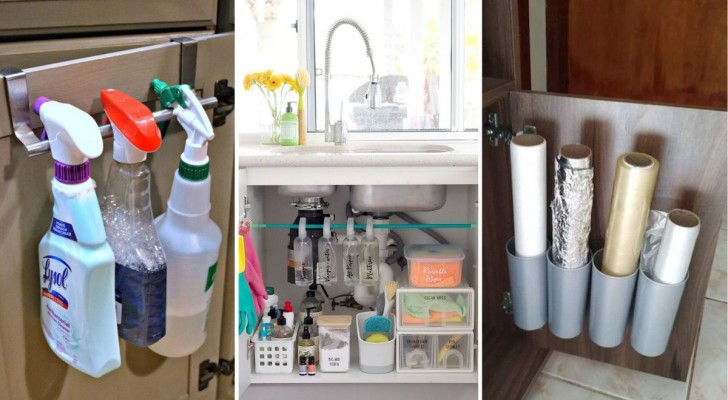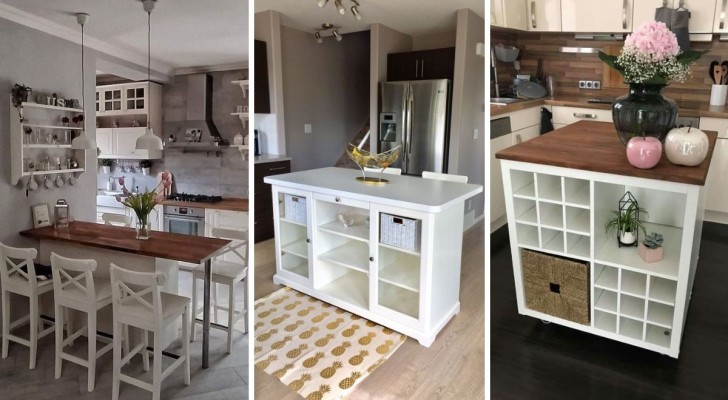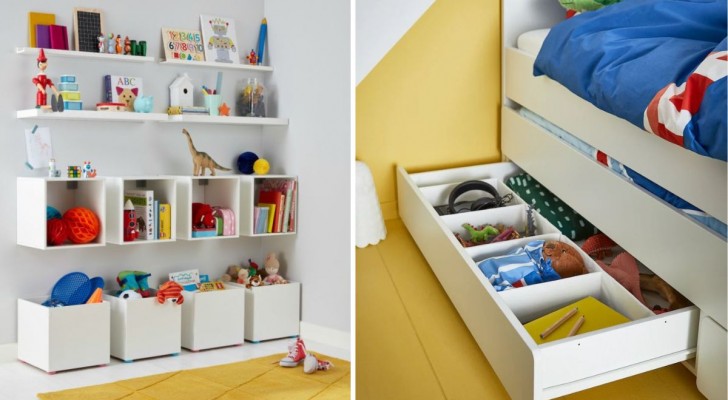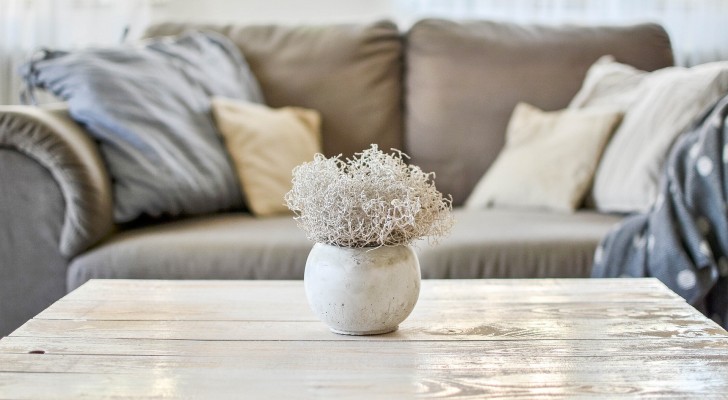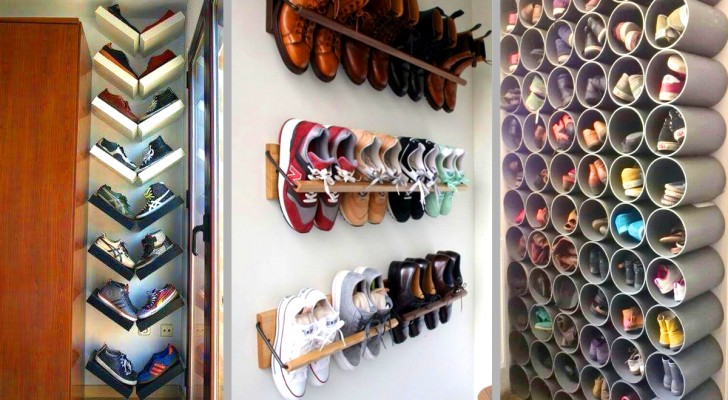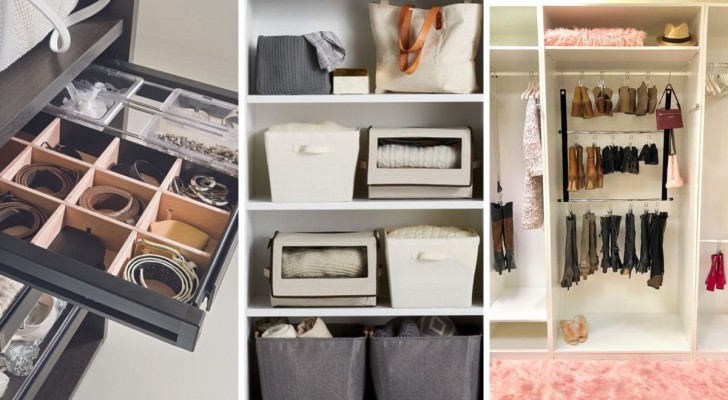Discover how to keep your home cool in summer without consuming energy
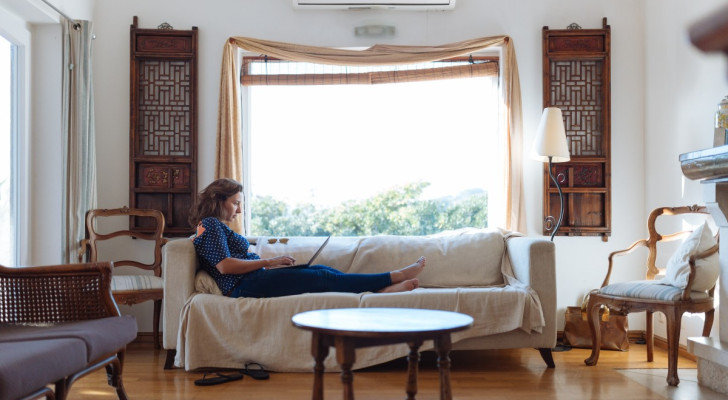
When summer humidity and heat reach their peaks, your home should be your cool, fresh refuge - but at what cost? It is incredibly expensive to use air conditioning set to maximum power for long periods, so you need to resort to using some other methods to keep your home cool. Let's check out some of these in the list below:
Windows: when to close them and how to shield them from the sun
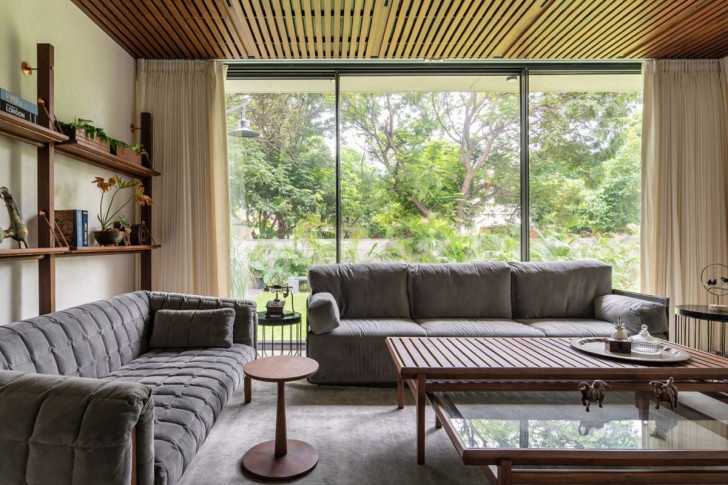
DesignersCircle Interior Designer / Pxhere
You may think opening up your windows will improve ventilation and lower the temperature in your home. But this only works when the external temperature is lower than the temperature inside the house: this means that in summer, you can only usually do this in the early morning hours (or late in the evening).
Opening a window, even slightly, can have a negative effect: in fact, it is estimated that approximately 76% of the sunlight that hits double-glazed windows is turned into heat. It follows that it is best to keep double-glazed windows shut to keep the worst of the heat out. And if your windows are single-glazed, keeping them closed won't really help at all.
Another thing you can do is to shield the windows as soon as they start to catch the sun. You can do this in several ways - either by purchasing specific products or by using a temporary, DIY solution:
- Thermal curtains: these are not only useful in winter to keep the house warm, but they also thermally insulate during the day in summer. When your windows start to catch the sun, close them and draw the thermal curtains to keep the coolness in.
- Closing shutters and blinds works just as well as thermal curtains, especially during the peak heat periods. You may have to turn on the lights in the house, but the power consumption will still be a lot less than using your air conditioning system.
- Sunshades, like those used for the rear windows of cars, can be very handy. They are designed to be detached when needed, and some are roller-type systems which are even easier to manage. If you need to cover a small window, a sunshade is an optimal choice.
Ventilation and humidity
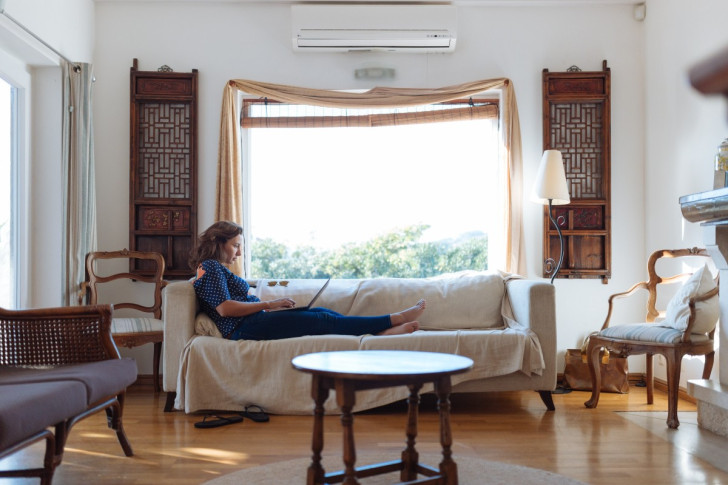
Fox/Pxhere
Humidity is another a factor you will have to take into consideration during sultry summers. High humidity levels can make you feel hotter and "sticky" and can become a serious problem for pets, children and the elderly.
The ideal humidity level in the home should be between 40% and 60%, (depending on the temperature and how well-ventilated the environment is). So, when this range is exceeded, you need to dehumidify. And although there are DIY solutions that can help (like laying out hygroscopic substances such as salt, coffee grounds and baking soda), dealing with summer heat is best dealt with by using a dehumidifying appliance.
You also need to circulate air between the rooms, so open windows and doors (but only when it is cooler outside), and/or use energy-saving floor and ceiling fans.
Other useful tips
- If it's cooler in the evenings, you can take advantage of this by opening your windows and hanging damp (not wet) sheets or towels in front of them. When the air passes through the window, it will be cooled further by the damp fabrics.
- You can place a basin with a bottle of frozen water inside it in front of fans to create a cooling breeze.
- If you don't mind the scent, put two or three drops of eucalyptus or peppermint essential oil on your pillow before going to bed: the scent will help make you feel fresher (just like balsamic ointments do), and help you get to sleep in the heat!
These are simple remedies, but together, they can save you a bundle on air-conditioning costs!
